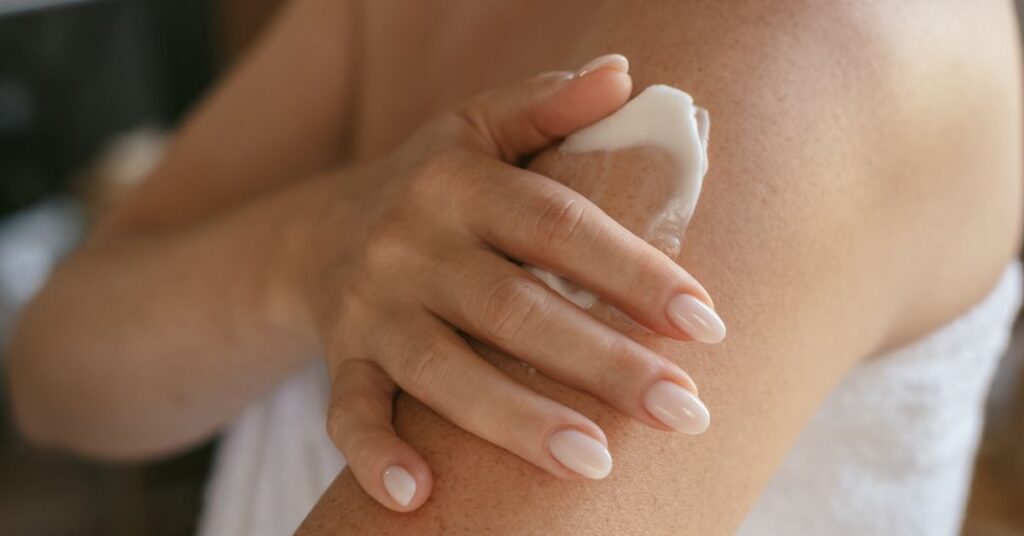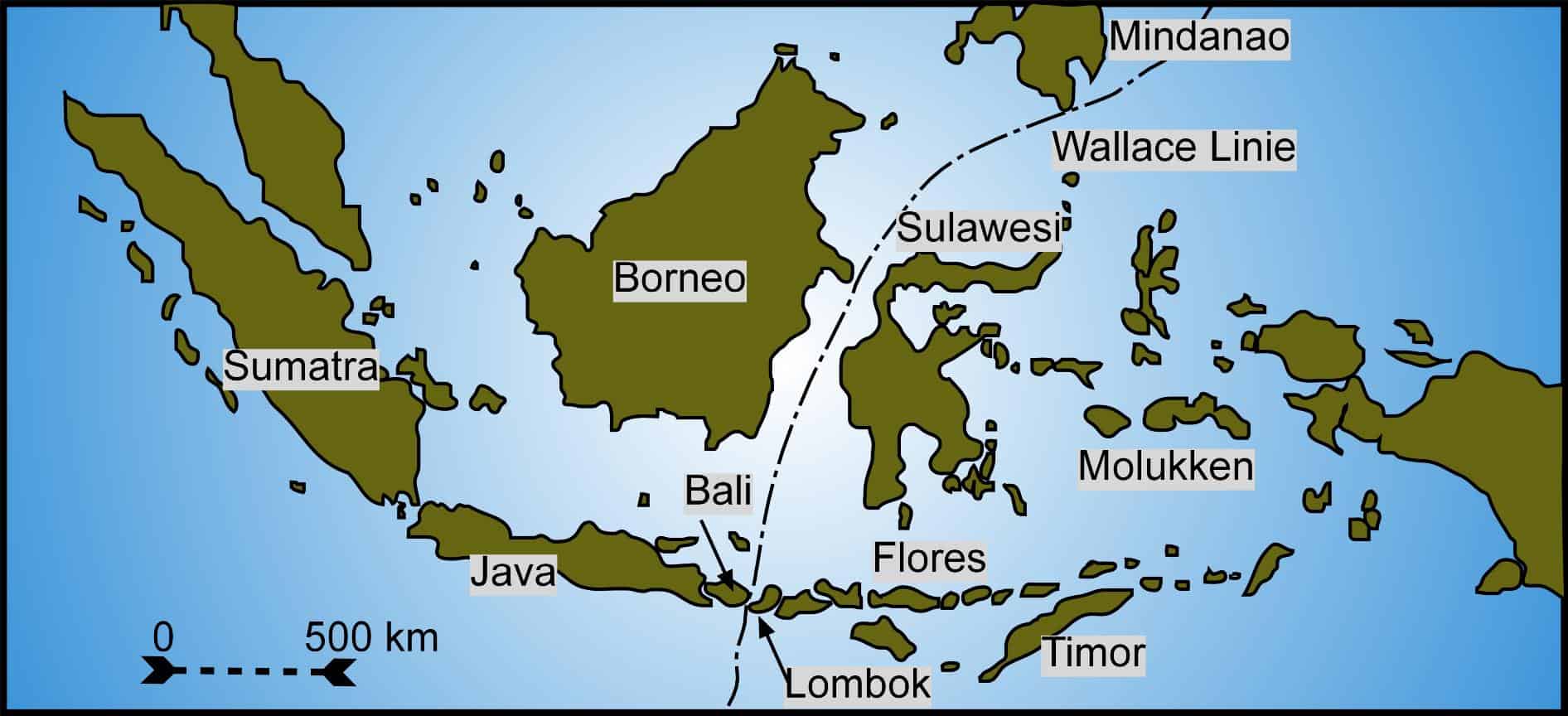
Two popular sunscreen products have been recalled in Australia amid concerns that their Sun Protection Factor (SPF) levels are lower than advertised. The Therapeutic Goods Administration (TGA) announced the recall of several batches of Aspect Sun’s Physical Sun Protection SPF50+ and Tinted Physical SPF50+ products, manufactured by Advanced Skin Technology.
The recall was prompted by preliminary testing that suggested the SPF levels of these products might not meet their label claims. “There is a risk that a low SPF rating may increase the risk of sunburn during use and reduce the long-term effectiveness of preventing skin cancer,” the TGA stated.
Consumer Safety and Product Integrity
The TGA has urged consumers to return the affected products to their place of purchase for a full refund. This precautionary measure aims to mitigate the potential health risks associated with inadequate sun protection. The TGA also indicated that additional sunscreen products might be subject to recall in the coming weeks, promising further updates as necessary.
For those concerned about sunscreen efficacy, the TGA advises consulting with healthcare professionals. The batch numbers for the recalled Aspect Sun’s Physical Sun Protection SPF50+ include A2450, A2190, A1958, and A1492, while the affected Tinted Physical SPF50+ batches are A2451, A2191, A1976, and A1629.
Industry-Wide Implications
Meanwhile, the recall of these sunscreens is part of a broader scrutiny of the sunscreen industry. Recently, six other sunscreen products were removed from shelves following an investigation by the consumer advocacy group CHOICE. The investigation highlighted inconsistencies in SPF claims across various brands, raising questions about regulatory oversight and product testing standards.
According to dermatologists, the effectiveness of sunscreen is critical in preventing skin cancer, a disease that affects thousands of Australians annually. Dr. Sarah Collins, a dermatologist based in Sydney, emphasized the importance of accurate SPF labeling. “Consumers rely on these products for protection against harmful UV rays. Misleading claims can have serious health implications,” she noted.
Historical Context and Future Outlook
The sunscreen industry has faced similar challenges in the past. In 2017, several brands were scrutinized for failing to meet their SPF claims, leading to calls for stricter regulations and more rigorous testing protocols. The current situation underscores the ongoing need for transparency and accountability in the industry.
Looking ahead, the TGA’s proactive approach in addressing these discrepancies may prompt manufacturers to enhance their quality control measures. This development also serves as a reminder for consumers to remain vigilant and informed about the products they use.
The TGA’s actions reflect a commitment to consumer safety, and the agency’s continued monitoring of sunscreen products will likely lead to improved industry standards. As the investigation unfolds, consumers are encouraged to stay informed and consult health professionals for advice on sun protection.
Stay informed about the latest developments by downloading the 9NEWS app, available on the Apple App Store and Google Play, for breaking news, sports, politics, and weather updates.







